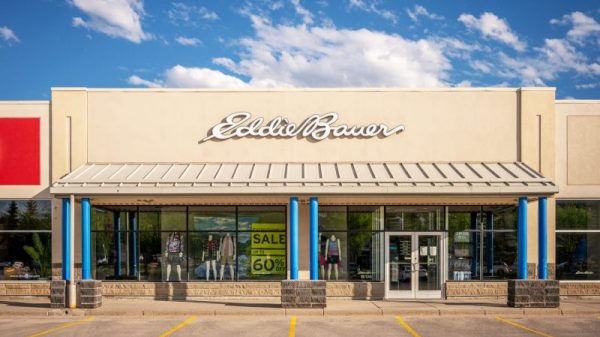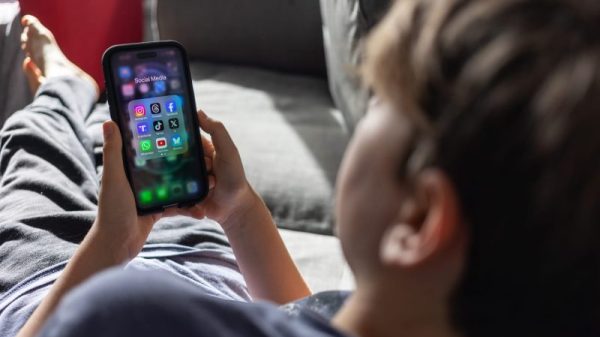The retail industry has been undergoing a profound transformation with the advent of the Internet of Things (IoT). IoT is not just a buzzword; it’s a game-changer, offering retailers the ability to enhance the shopping experience, streamline operations, and gather valuable insights into customer behavior. In this article, we’ll explore how IoT is shaping the world of smart retail, its key applications, benefits, and the promising future it holds.
The Rise of IoT in Retail
Smart retail, powered by IoT, is about leveraging technology to create a seamless shopping experience that caters to the preferences and demands of today’s tech-savvy consumers. The retail industry is fiercely competitive, and retailers are turning to IoT to differentiate themselves and stay relevant.
Key Applications of IoT in Smart Retail
1. Inventory Management
IoT devices, such as RFID tags and sensors, can be placed on products and store shelves to monitor inventory in real-time. Retailers can receive alerts when stock is running low, prevent overstocking, and even track the location of products within the store.
2. Customer Tracking and Analytics
Retailers can use IoT to track customer movement within the store. Wi-Fi and Bluetooth beacons, for example, can detect customers’ smartphones, enabling retailers to gather data on foot traffic, popular shopping paths, and the amount of time customers spend in various sections of the store.
3. Personalized Marketing
IoT enables retailers to send personalized offers and promotions to customers based on their location and previous purchase history. This can be done through mobile apps or digital signage in the store.
4. Smart Shelves
Smart shelves equipped with IoT technology can automatically detect when a product is running low or approaching its expiration date. This information can be used to trigger restocking and reduce wastage.
5. Automated Checkout
Retailers are exploring cashierless checkout options using IoT and computer vision technology. Customers can simply pick up items and walk out of the store, with the IoT system automatically charging their accounts.
6. Supply Chain Optimization
IoT provides real-time tracking of products throughout the supply chain. Retailers can monitor the location and condition of products in transit, helping to ensure products arrive on time and in good condition.
7. Energy Efficiency
IoT systems can control lighting, heating, and cooling in the store based on occupancy and environmental conditions. This reduces energy consumption and costs.
Benefits of IoT in Smart Retail
The integration of IoT in smart retail offers numerous advantages:
1. Enhanced Customer Experience
IoT technologies can provide a more personalized and convenient shopping experience. Customers receive tailored recommendations, can find products more easily, and enjoy seamless checkout processes.
2. Inventory Accuracy
Real-time inventory tracking ensures that products are available when customers want them, reducing the risk of stockouts and overstocking.
3. Improved Operational Efficiency
Retailers can streamline store operations, from restocking to energy management, resulting in cost savings and reduced waste.
4. Data-Driven Decision Making
IoT provides retailers with valuable data on customer behavior, allowing them to make data-driven decisions regarding store layout, product placement, and marketing strategies.
5. Competitive Advantage
Retailers that embrace IoT gain a competitive edge by providing a more advanced and convenient shopping experience.
6. Enhanced Security
IoT systems can improve security by monitoring the store environment, helping to prevent theft and accidents.
Challenges and Considerations
While IoT in smart retail offers numerous benefits, it also poses challenges and considerations:
1. Data Security and Privacy
Collecting data on customer behavior raises concerns about data security and privacy. Retailers must ensure that customer data is protected and used responsibly.
2. Cost of Implementation
The initial cost of implementing IoT technology can be a barrier for some retailers, particularly smaller businesses. An assessment of the return on investment is necessary to justify the expense.
3. Standardization
IoT devices and systems must be compatible and standardized to ensure seamless data exchange and integration. Common protocols and standards are essential for achieving this.
4. Workforce Training
The successful adoption of IoT in smart retail often requires workforce training and a cultural shift within the organization.
The Future of IoT in Smart Retail
As technology continues to advance, the future of IoT in smart retail looks promising. Here are some trends and developments to watch for:
1. Enhanced Customer Insights
Retailers will leverage AI and machine learning to gain deeper insights into customer behavior, preferences, and shopping patterns.
2. Augmented Reality (AR) and Virtual Reality (VR)
AR and VR will play a more significant role in the shopping experience. Customers can use these technologies to visualize products in their homes before making a purchase.
3. Contactless Shopping
Contactless shopping options, including autonomous stores and drone deliveries, will become more common, reducing the need for in-person interaction.
4. Sustainability
Retailers will use IoT to monitor and reduce their environmental footprint. Sustainable practices, such as reducing energy consumption and minimizing waste, will gain traction.
5. Ethical Use of Data
Retailers will focus on the ethical use of customer data, providing transparency in data collection and usage to build and maintain trust.
Conclusion
The Internet of Things is revolutionizing smart retail by offering a more personalized and efficient shopping experience. Challenges related to data security, cost of implementation, and workforce training must be addressed to ensure that the benefits of IoT in smart retail are fully realized.
As IoT technology continues to evolve, it will remain a driving force in smart retail, offering a glimpse into a future where technology and data are seamlessly integrated into the shopping experience, enhancing customer satisfaction, operational efficiency, and sustainability in the retail industry.
The post Revolutionizing Retail: The Internet of Things (IoT) in Smart Retail appeared first on IoT Business News.






































